Read time: 5.5 minutes
When the COVID-19 pandemic hit the U.S. last year, its disruptive effect on the global supply chain was swift. Arguably few were impacted more than healthcare workers, who not only found themselves on the frontlines of a dangerous health crisis, but who also were suddenly without enough medical supplies to protect themselves as they fought through it.
It’s a moment Terry Guirey remembers vividly. It was Jan. 27, 2020, and Terry had just landed in Dallas following a week-long cruise. As she worked her way through the airport terminal, her cell phone began to ring. And ring. And ring.
“It all happened so fast – I’d gone from a relaxing getaway to suddenly fielding call after call about healthcare providers looking for face masks and other PPE,” she says.
Within a matter of weeks, Terry and her team found themselves facing what would become the most demanding and complex moment of their careers.
*
While Terry isn’t one of the healthcare workers valiantly combatting COVID-19, she and her team have been playing a critical role in helping them do so.
That’s because Terry is vice president of customer service for McKesson Medical-Surgical, a business that equips healthcare providers, such as extended care facilities, physicians’ offices, urgent care clinics, EMS and surgery centers, with medical supplies and services for their respective points of care. Throughout every chapter of the ongoing pandemic, she and her team have provided non-stop support to healthcare customers treating COVID-19 patients, while continuing to serve those providing routine patient care.
And, their story couldn’t be a better testament to the critical and often overlooked impact that customer service workers have in our lives every day.
Gearing up for the road ahead
During normal times, the team primarily operates out of three call centers, where they manage customer inquiries, place and track orders, answer product-related questions, manage credits and returns, and coordinate with vendors on timely deliveries.
But following the frantic calls for personal protective equipment (PPE) at the beginning of last year, demand for PPE continued to grow among critical-need customers and the U.S. government.
“I’ve managed call centers for 35 years, but I have never seen anything like this.”
So, Terry’s team quickly got to work assisting McKesson Medical-Surgical leaders with coordinating large PPE orders for mobile hospitals being stood up in COVID-19 “hot zones” across the country. And as branches of the military worked to bring U.S. troops back home from overseas, the team worked closely with government agencies to send medical supplies to military bases.
However, as the weeks passed on and the nation’s situation became more dire, Terry quickly realized she needed to prepare her team to handle not only their customers’ unprecedented challenges, but their own. And fast.
“I knew it was only a matter of time before my team was personally affected by this virus,” she says. “I wanted to find a way to create the kind of flexibility that would allow my team to do what they needed to do in order to take care of their families and their customers.”
So in early February 2020, she began assigning her team members to work from home in shifts. The idea, she explains, was to see how well their operations performed outside of the call centers and address any patches early on. How long did it take their systems to get up and running at home? Could they take customers’ calls from their laptops? Were they able to connect to the company’s VPN? Did they have issues accessing customer information and order statuses?
For about six weeks, they tested and reported back. As it turned out, Terry’s keen foresight couldn’t have come at a better time.
Shortly after COVID-19 was designated a global pandemic in mid-March, McKesson closed its offices. And while Terry had expected some of her employees would work remotely at any given time, she hadn’t anticipated all of them would.
“I have several hundred people in my organization,” she chuckles. “It was no small undertaking getting my entire team home and set up to answer calls at the same time.”
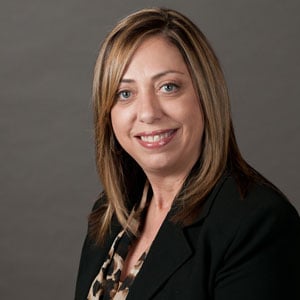
Terry Guirey
No sooner had they set up shop at home when they were faced with an even greater challenge. By late march, demand for PPE was far outpacing global availability. As many physicians’ offices temporarily closed, others quickly exceeded capacity with critically ill patients.
“We were feverishly fielding thousands of calls and emails from providers desperately trying to find supplies to treat these patients and protect themselves,” Terry says. “I’ve managed call centers for 35 years, but I have never seen anything like this.”
To help ease the burden on McKesson’s IT support team, Terry created her own department “help desk.” Internal system experts manned a call line 12 hours a day dedicated to helping her call center employees, ultimately allowing them to more effectively address customers’ needs throughout the pandemic.
“Almost everything we use to do this job was impacted by newness in some way,” she adds. “It was a lot to adjust to in a compressed time, but I think my team did a great job addressing it all.”
But their success as a team went far beyond their ability to overcome the personal and logistical challenges of working remotely. throughout every phase of the past year and a half – the ups and downs, the breakthroughs and setbacks, the moments of joy and the moments of fear – the team’s dedication to their customers never wavered.
“It can be easy to lose sight of the big picture in a department like customer service, where we typically only get calls when something’s gone wrong,” she says. “But despite the roller coaster we’ve been on since last spring, this team has stayed focused on what matters most – being the reliable, supportive partner that our customers need us to be, regardless of what obstacles threaten to stand in our way.”
When they receive complicated requests, they don’t stop until the issue is solved. When customers face supply shortages, they make as many calls and work as many hours as needed to expedite those orders. And when exhausted providers are at their wits’ end, they show empathy and listen. It’s how they’ve always done their jobs, and it’s why they’ve been successful through these trying times.
And for that, terry adds, her core customer service team is now stronger, more resilient, and more capable than ever. As the country now deals with the delta variant of COVID-19, Terry is confident that the model for success they’ve developed throughout the pandemic will continue to hold strong.
“Whatever challenges come next, we’ll be ready,” she quips. “My team is set to handle anything.”
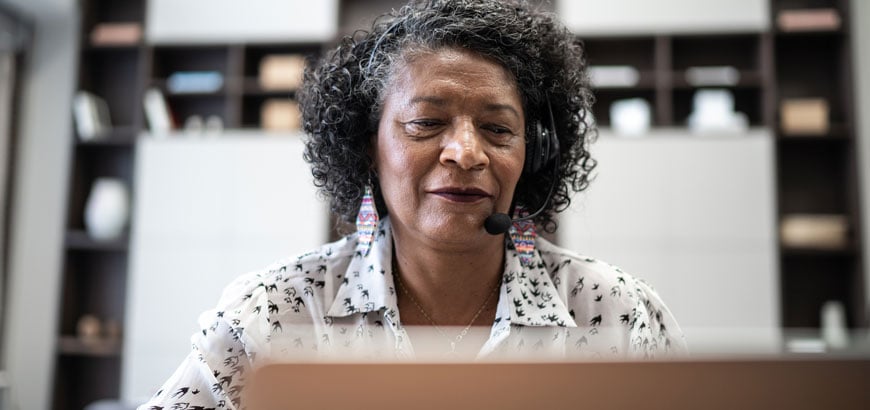
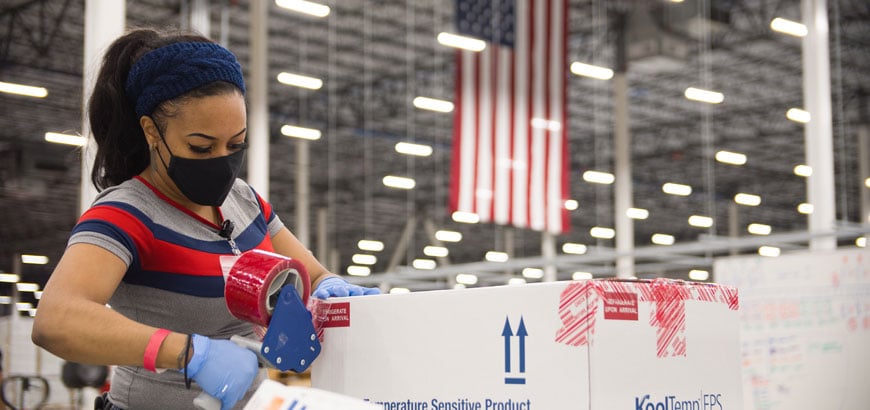
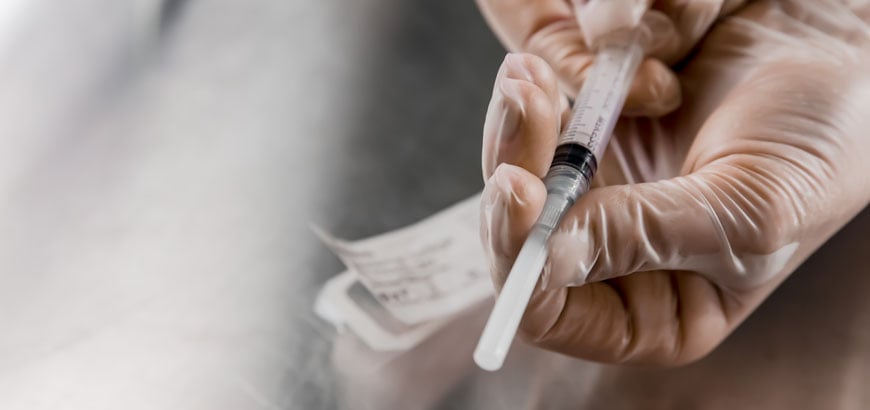
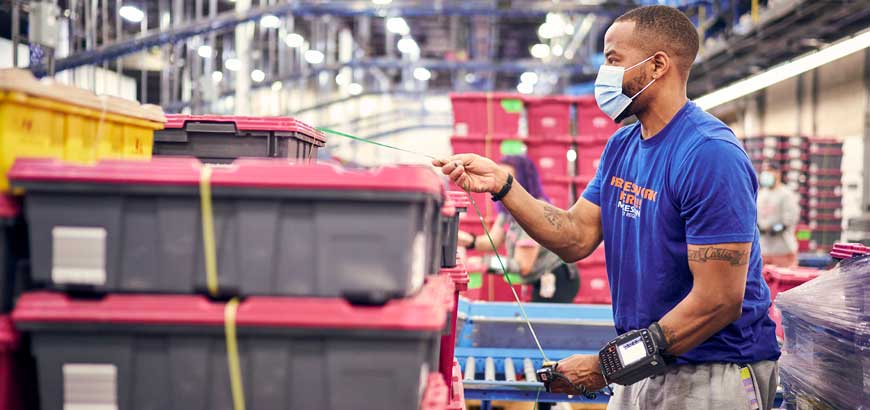
Share
Post
Post
Email